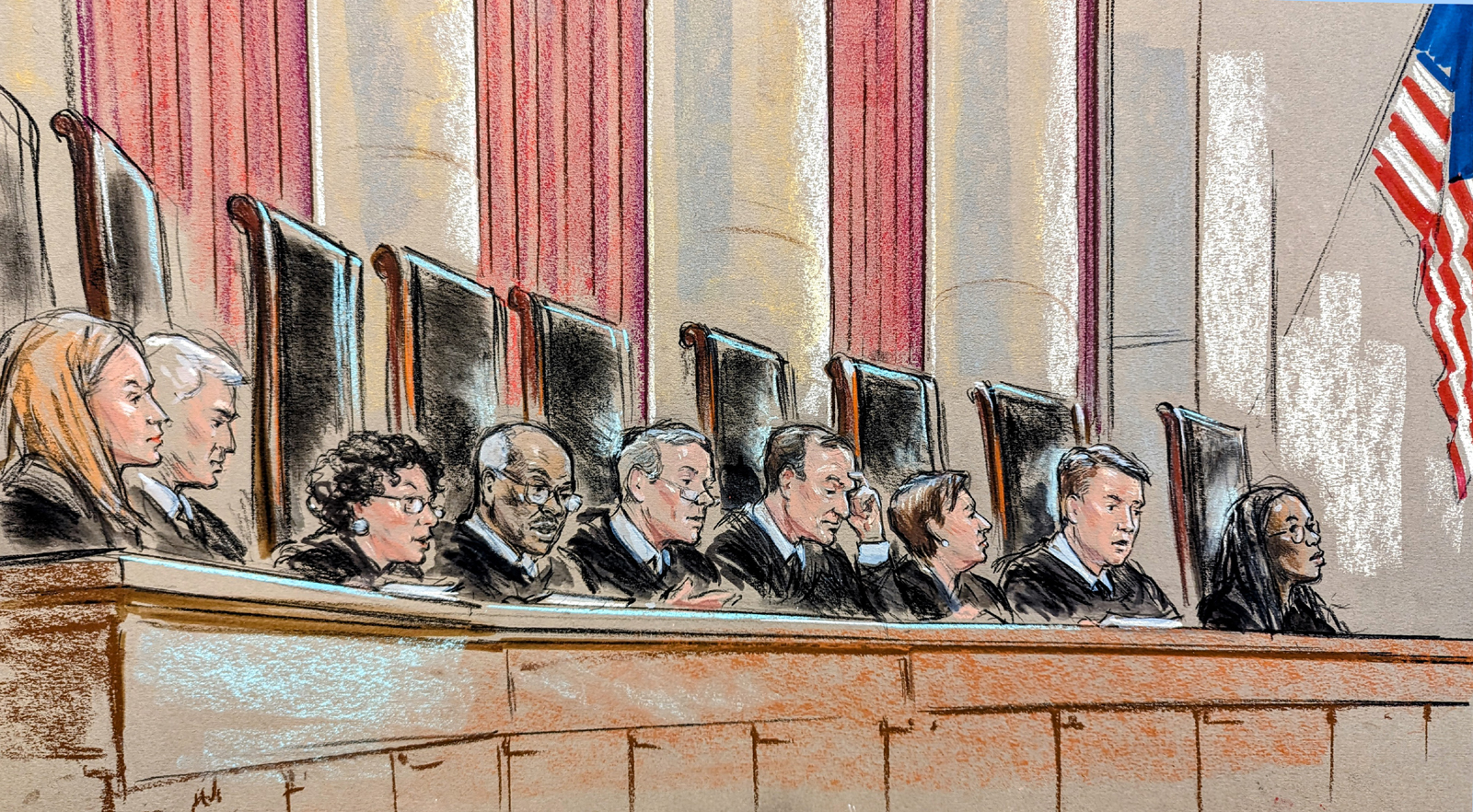7 minutes read
Updated Nov 10, 2025
OpenAI’s latest usage policies update reaffirms what lawyers already know: there’s an important difference between legal information and legal advice. AI can assist with the former, but only licensed professionals can provide the latter. For lawyers, this underscores the value of purpose-built, legal-specific AI tools grounded in verified data that automate routine tasks safely. By combining precision with professional oversight, these systems enhance productivity and strengthen client relationships, showing that AI’s role in law isn’t to replace lawyers but to amplify their expertise responsibly.
Every decade or so, a new technology arrives that the legal profession believes will undermine everything lawyers stand for. And every time, that same technology ends up defining how the next generation practices law.
Email would compromise attorney-client privilege. E-discovery would make litigation unreliable. Cloud computing would expose client data. Bar associations addressed these concerns through ethics committees and advisory opinions. Cautious firms waited to be sure the technology was safe.
Today, artificial intelligence represents the next—and perhaps greatest—transformation yet. But unlike past technological shifts, this one isn’t waiting for consensus. Seventy-nine percent of legal professionals (and 93% in mid-sized firms) are already using AI, according to the 2025 Legal Trends Report.
OpenAI’s recent usage policies update sparked headlines suggesting ChatGPT might no longer advise in regulated domains like law. But there’s a more important question for the profession: How should lawyers actually be using AI? And what separates the tools that make your practice better from the ones that put you at risk?
This article breaks down what OpenAI’s usage policies update actually means for lawyers, where AI delivers value in legal work, and how to thoughtfully implement AI to strengthen your practice and client experience.
What really happened in OpenAI’s latest usage policies update
On October 29, 2025, OpenAI released updated usage policies outlining what users can and can’t do with its products and services.
One line in particular sparked confusion, as many interpreted it as ending ChatGPT’s ability to answer legal questions entirely:
“You cannot use our services for…the provision of tailored advice that requires a license, such as legal or medical advice, without appropriate involvement by a licensed professional.”However, this language echoes an earlier version of the usage policies, which already stated:
“Don’t perform or facilitate the following activities that may significantly impair the safety, wellbeing, or rights of others, including…providing tailored legal, medical/health, or financial advice without review by a qualified professional and disclosure of the use of AI assistance and its potential limitations.”
In short, nothing fundamentally changed. As The Verge reported, OpenAI previously maintained three separate policy documents. The October revision unified those into a single set of rules across all OpenAI products and services, without introducing new restrictions.What the update emphasized is a principle the profession has long understood: There’s an important distinction between legal information and legal advice. OpenAI products and services can provide the former; only licensed attorneys can deliver the latter.
What it means for the legal profession

For lawyers, this clarification is actually welcome news. It confirms what many have already recognized: General-purpose generative AI can help people learn about legal concepts, but it can’t substitute the personalized guidance of a licensed attorney who understands a client’s specific situation. In other words, it can’t act as an “AI lawyer.”
But while AI shouldn’t replace lawyers, it represents a substantial opportunity for the legal community—especially through AI tools that are purpose-built for legal practice. Beyond efficiency gains for individuals and firms, the potential societal benefit is also substantial: According to The World Justice Project, 77% of legal problems worldwide receive no formal legal assistance. By giving lawyers back the hours they lose on manual research and administrative work, AI could help close this gap and make legal representation accessible to more people who need it.
The legal community is already embracing AI, and over four in five legal professionals in mid-sized and smaller firms believe AI usage will increase over the next year. The 2025 Legal Trends Report also found that among lawyers using AI, most report improvements in the quality of their work, responsiveness to clients, and overall work capacity.

However, adoption doesn’t equal trust. The 2024 Legal Trends Report found that over half of lawyers in mid-sized and smaller firms think AI isn’t yet advanced enough to be reliable.
Bridging the divide between potential value and actual trust comes down to understanding. To use AI confidently and effectively, lawyers need to understand how different AI models work and why some may be better suited for legal practice than others.
General-purpose AI vs. legal-specific AI: understanding the difference
Some of the skepticism surrounding AI may stem from cases where “AI-hallucinated” citations appeared in court filings. Understanding how different AI tools work explains why that happened—and how to prevent it.General-purpose generative AI tools are trained on vast amounts of data. This gives them impressive capabilities and broad knowledge, but they were not designed for legal work.
Legal-specific AI works differently because it is built specifically for lawyers to give legal advice. Clio Work has been trained on Clio’s verified library of 1 billion global legal documents and provides more targeted access to legal materials by jurisdiction and practice area. When you ask a question, the AI checks actual case law, current statutes, and regulatory materials before responding, with built-in verification and citation-checking to ensure accuracy.
This approach minimizes the risk of fabricated references while providing traceable sources you can independently verify. It surfaces the same sources you’d turn to yourself, but accessible in seconds instead of hours.
Context-aware AI for legal research and document analysis

Being grounded in authoritative legal materials solves one problem, but there’s another challenge: Most AI tools operate in isolation, so lawyers have to manually feed them information about their cases.
Clio Work addresses this by connecting directly to Clio Manage, a legal practice management software, allowing it to access case details automatically rather than waiting for uploads.
To put the opportunity into perspective, legal research typically consumes nearly one-fifth of a lawyer’s working hours, according to the ABA’s 2024 Legal Technology Survey. The problem isn’t only the time lost, but the inefficiency of the search itself. This may partly be due to most legal research tools being separate from drafting tools. Quoting relevant case law must be pasted manually, even though the research is already complete. Citations must be gathered, formatted, and inserted one at a time.
Context-aware AI like Clio Work transforms this by automatically syncing with your practice management system to understand each matter without manual uploads. It analyzes documents to extract claims, identify risks, and build timelines while grounding answers in verified legal sources. And research saves directly into matter files, so your firm’s knowledge compounds with each case rather than disappearing into isolated memos.
These capabilities transform how you work, but they don’t change your fundamental professional obligation.
Maintaining professional oversight
No matter which AI tool you use, verification remains essential. With general-purpose AI, that often means manually cross-checking every citation against a trusted legal database. Confirming each case exists, validating quotations, and making sure nothing’s been overturned. This process can take hours.
Legal-specific AI tools make this considerably easier. With Clio Work, every result is grounded through Cert, Clio’s proprietary citator that confirms whether authorities are still good law.
Verification is built right into the workflow. Every cited authority links to its original source, complete with confidence scoring and editorial validation. You can review the full context of any case or statute without breaking your workflow.
AI-powered practice management
Clio Work transforms legal research by grounding every answer in verified sources and integrating seamlessly with Clio Manage. But research is only one part of a lawyer’s day. You still have to run your firm. That’s where the administrative burden can really add up, consuming time that could be spent on cases and clients. Lawyers still bill only three hours per day on average. The remaining nearly five hours vanish into non-billable administrative work.
Practice management AI, like Manage AI, can help you complete the routine work that consumes most of your time. It eliminates the hours-long process of digging through court documents to find the important dates you can’t miss in a case. Manage AI scans the documents for you, automatically extracts deadlines, and creates verified calendar events.With the context of every matter, it can proactively surface priorities and flag risks before they become problems. It can anticipate when clients need updates based on matter activity and draft those communications for you to review and send. Importantly, it can also help you with billing. Manage AI auto-generates payment-ready invoices with expenses already filled in. The system will route approvals automatically, so you only have to review and approve invoices, and your clients get their bills faster.
Administrative work still gets done. It just doesn’t consume your day anymore.
Futureproofing your firm with AI
The OpenAI policy clarification serves as an important reminder. AI isn’t replacing lawyers. It’s empowering them. The distinction between legal information and legal advice, between powerful tools and professional judgment, matters as much as ever.
But understanding this distinction is just the beginning. To really leverage AI’s potential, lawyers need to recognize that not all AI tools are created equal.
General-purpose AI can help with document summaries, brainstorming, and explaining basic legal concepts. These tools are useful for certain tasks, but their training on broad data makes them more risky for professional legal research or client work without extensive verification.
Legal-specific AI like Clio Work grounds every response in verified case law, statutes, and regulatory materials, substantially reducing hallucination risk while accelerating research. Paired with practice management AI like Manage AI, which automates tasks from deadline tracking to client communications, lawyers can gain efficiency across their entire practice.
The firms that thrive in this transformation won’t be the ones that resist AI or adopt it blindly. They’ll be the ones that thoughtfully integrate the right tools, maintain professional oversight, and use the efficiency gains to deliver better client service.
Ready to put legal-specific AI to work in your practice? Book a demo to see how Clio Work and Manage AI help lawyers research smarter, work faster, and strengthen client service.
Book a Clio demo
Loading …



























